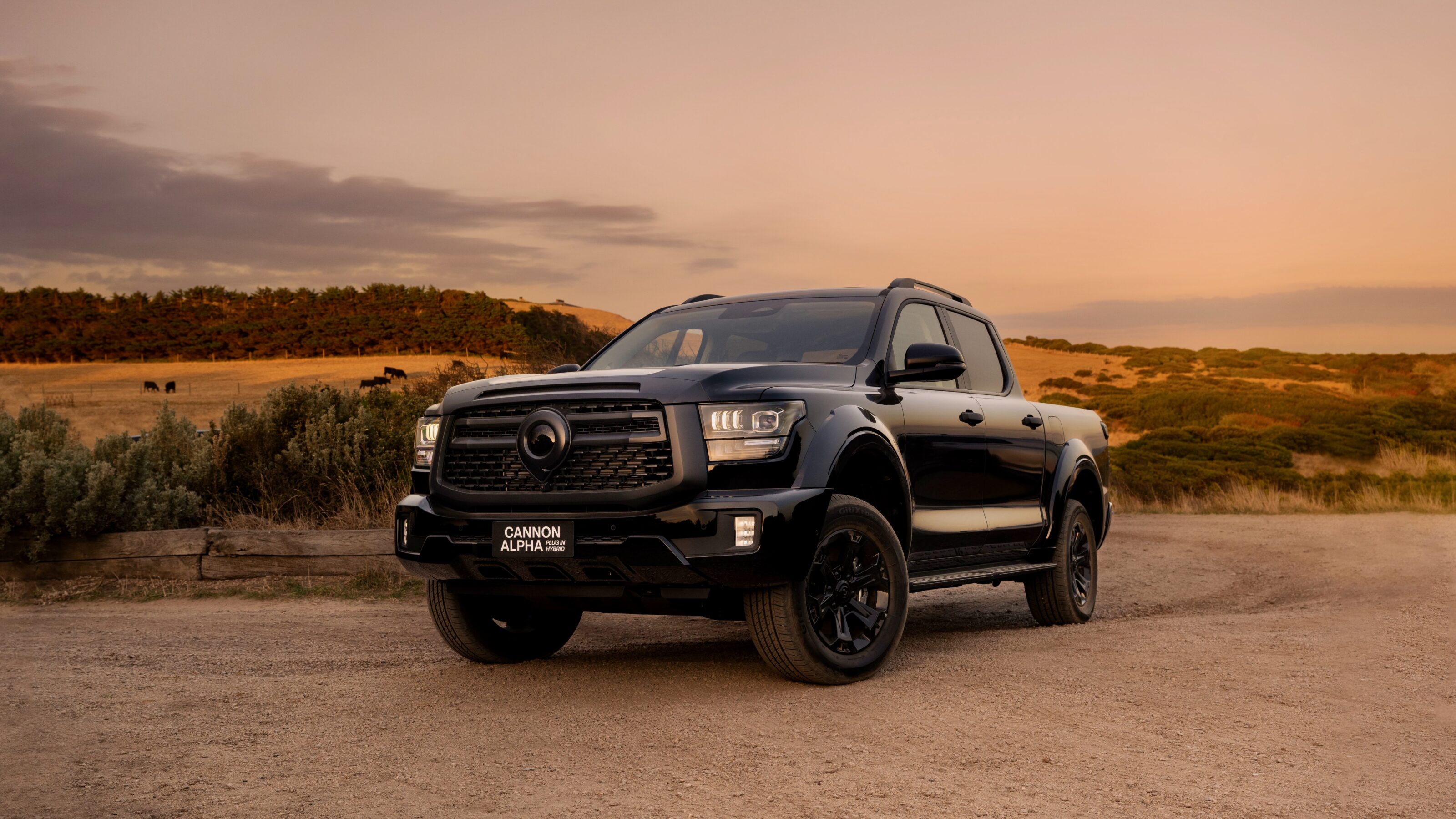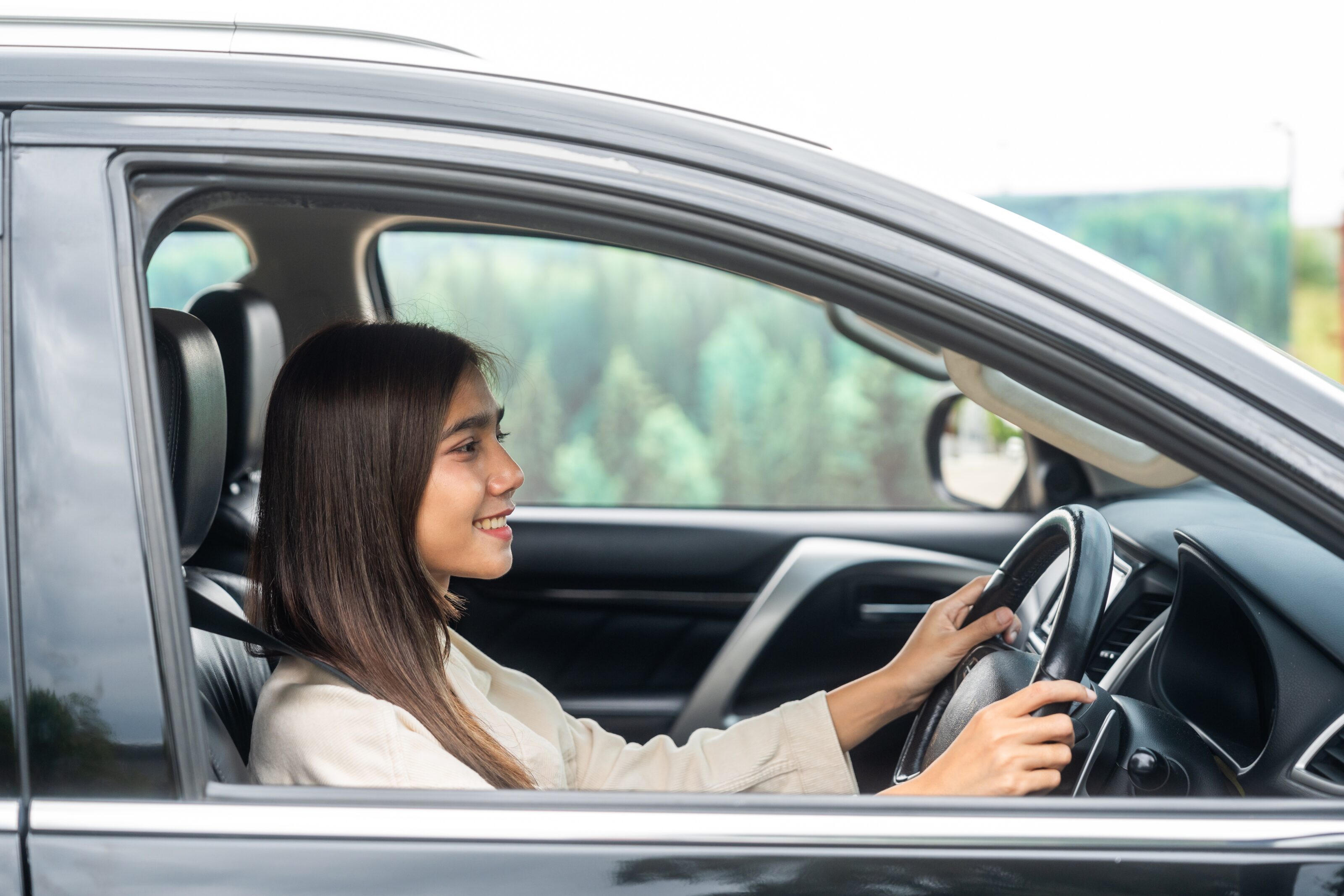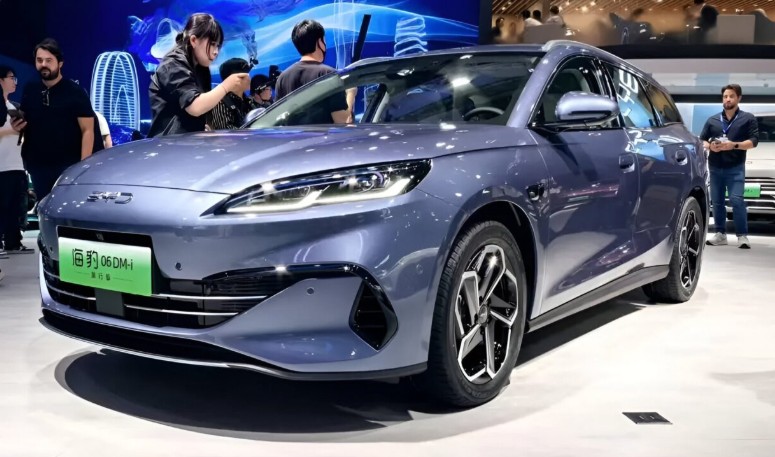
Snapshot
- LiDAR tech to be used for autonomous driving
- NVIDIA-developed AI super computer will power in-car systems
- Volvo aims to eliminate crashes with new generation of safety
Volvo has confirmed its newest XC90 will be a fully-electric vehicle with autonomous driving features – a first for the Swedish company’s car division.
Although its official release isn’t expected to come until 2022, Volvo’s push to increase vehicle safety will come with the aid of LiDAR laser scanning technology and an NVIDIA-developed AI super computer.
LiDAR is being recognised as a possible way forward to implement self-driving functions in vehicles, with Volvo committing to use the technology while autonomous pioneer Tesla has been spotted testing it against cameras to replace its radar system.
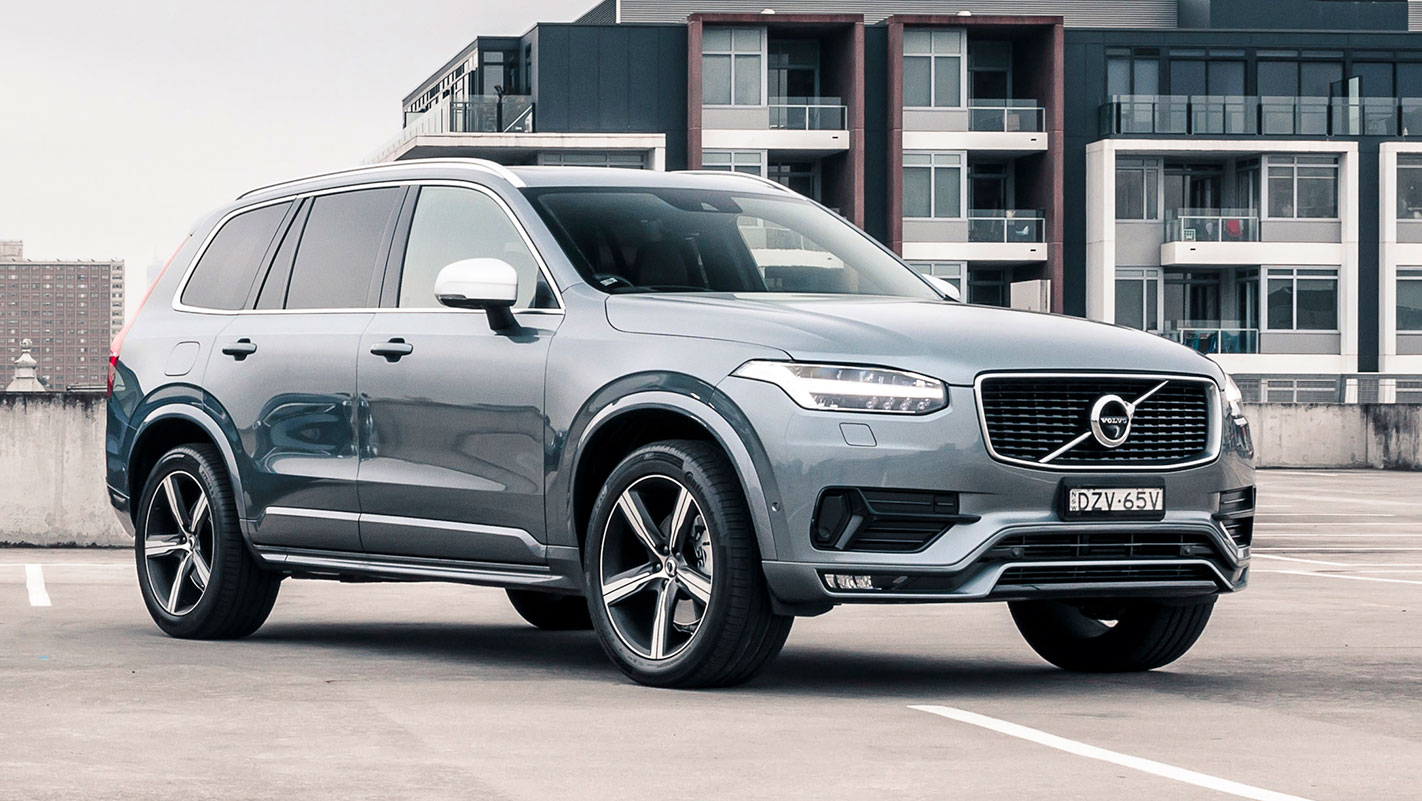
Volvo’s chief technology officer, Henrik Green, believes the company is on the right track to reach its ultimate goal of reducing the risks of a crash to zero.
“In our ambition to deliver ever safer cars, our long-term aim is to achieve zero collisions and avoid crashes altogether,” said Green.
“As we improve our safety technology continuously through updates over the air, we expect collisions to become increasingly rare and hope to save more lives.”
Chief Executive for Volvo, Håkan Samuelsson, said the implementation of LiDAR tech as well as the AI upgrades has laid the foundations for Volvo to create an unsupervised autonomous vehicle.
“Volvo Cars is, and always has been, a leader in safety. It will now define the next level of car safety,” said Samuelsson,
“By having this hardware as standard, we can continuously improve safety features over the air and introduce advanced autonomous drive systems, reinforcing our leadership in safety.”
Volvo recently announced its intentions to open a new research and development facility plus a battery plant with fellow Swedish company Northvolt, with the joint venture beginning as early as 2024.
We recommend
-
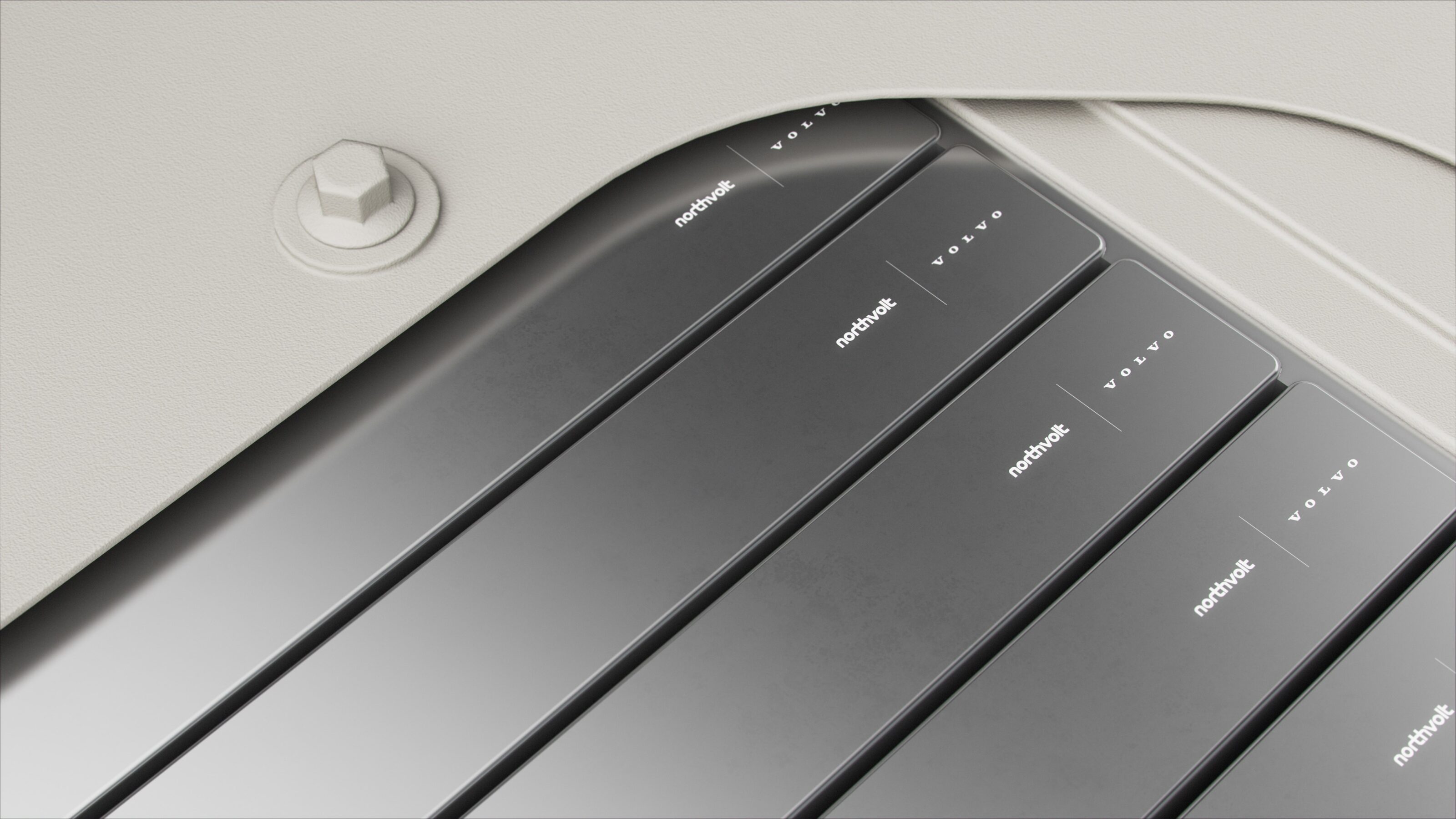 News
NewsVolvo enters joint venture to develop and produce batteries
New joint venture aimed at bringing everything in-house for Swedish battery tech
-
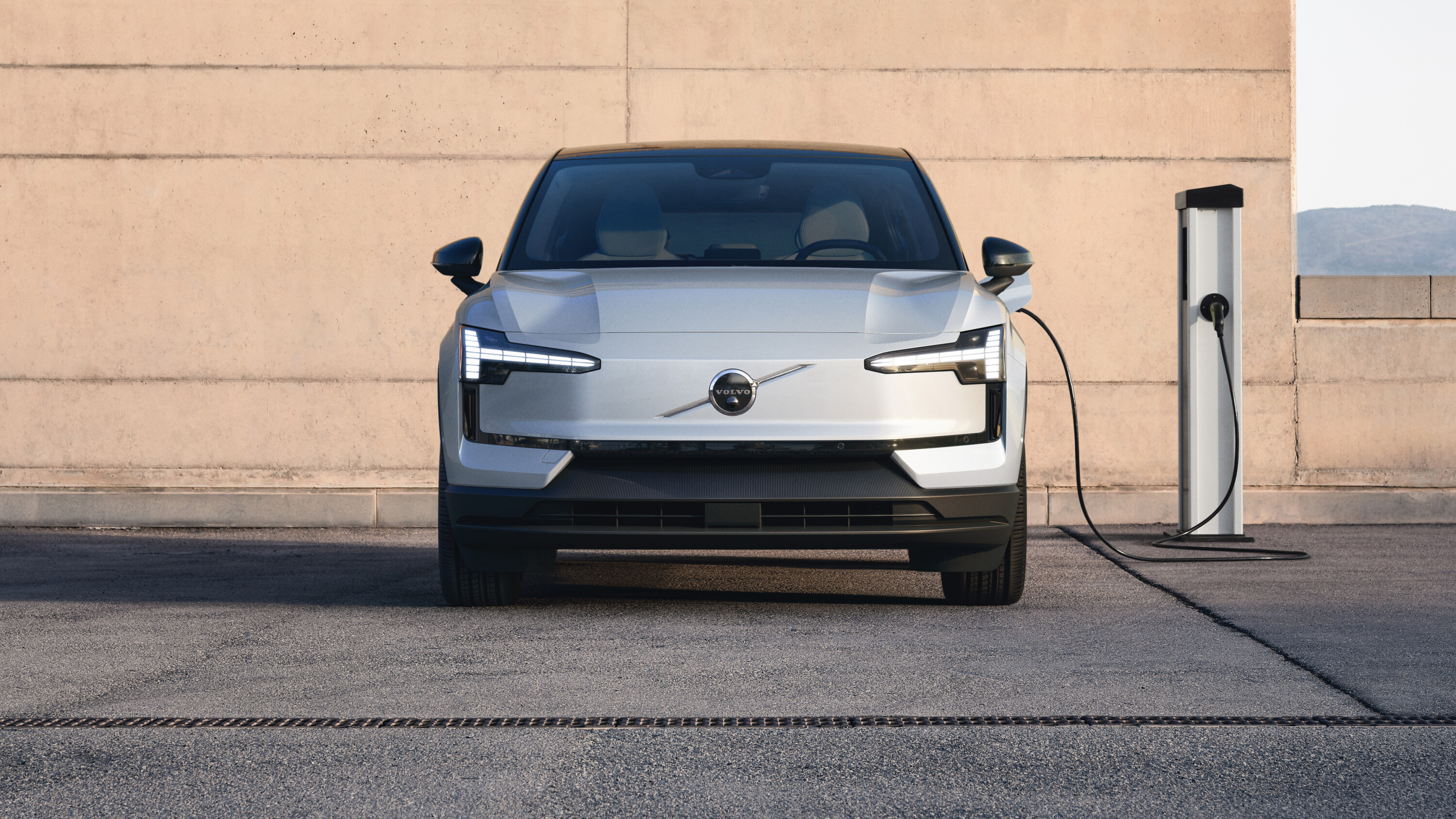 News
NewsVolvo to ditch diesel ahead of EV-only by 2030
Volvo has taken another step away from internal combustion engines
-
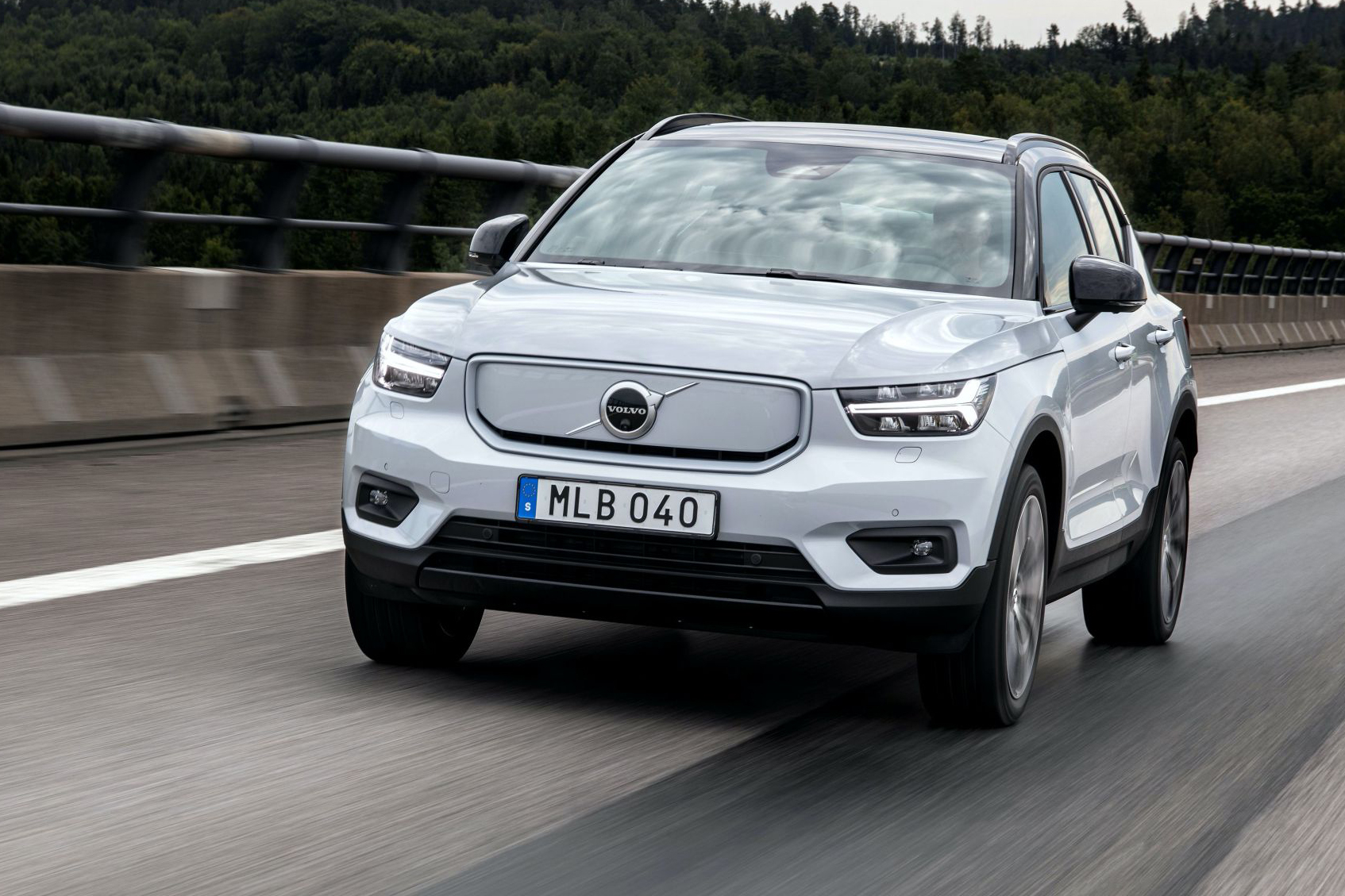 News
NewsVolvo XC40 Recharge EV price and features, on sale from August
Volvo’s first all-electric offering for Australia will arrive in the third quarter of 2021, and like most premium EVs, it won’t be cheap – but it will be well-specified.


